Berwyn Takes a Stand Against Food Waste: The Power of Composting
Berwyn Takes a Stand Against Food Waste: The Power of Composting
BERWYN, Ill. (CBS) – In a world where waste management and environmental consciousness are becoming increasingly crucial, Berwyn, Illinois, has taken a significant step forward. While composting may look like just another way to deal with garbage, it’s actually a transformative process of recycling organic materials to combat food waste and reduce environmental impact.
The Impact of Composting: A Simple Act with Big Results
Imagine if everyone in the United States participated in composting—according to environmental researchers, it would be the equivalent of removing almost eight million cars from the road. Despite this enormous potential, only about 15% of municipalities in Cook County have implemented any form of composting program. However, Berwyn is in charge of one of the largest local programs in the area.
As the 12th largest municipality in Cook County, Berwyn has recently launched an eco-friendly composting program that offers weekly pickups, making it easier than ever for residents to reduce their waste footprint. The program, which began in April, is already making a difference, with homeowners like Susan Klinger eagerly embracing the opportunity to compost.
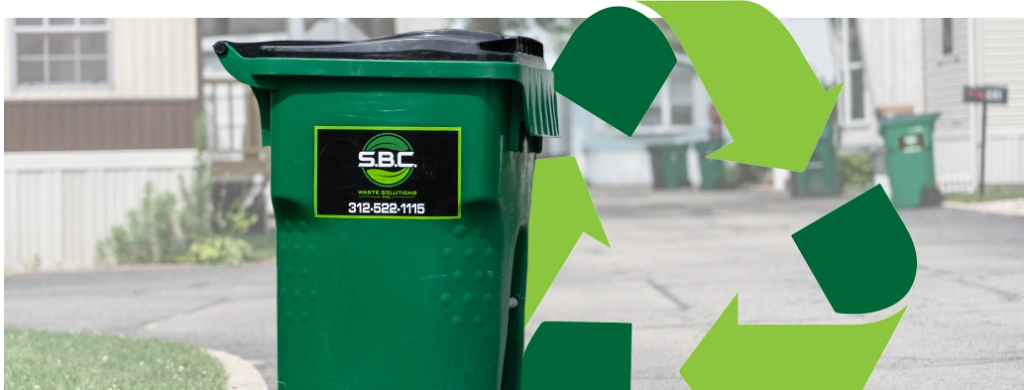
Eco-Friendly Waste Solution
A Community Embraces Composting
“I was so excited when Berwyn said they were going to start a program,” said Klinger, who moved to Berwyn a year ago and had previously composted in her former residence. For Klinger, composting is more than just a method of waste disposal—it’s a way to actively contribute to the environment. “It’s kind of like recycling on the food level,” she explained.
Klinger quickly signed up for a 35-gallon composting bin and began incorporating composting into her daily routine. “I do tend to cook from scratch a lot, so I do have more composting,” she noted, adding that nearly everything from her refrigerator, including eggshells, avocado rinds, seeds, and apple cores, now goes into the compost bin.
The results have been remarkable. “It really decreased the amount of garbage that we had. You realize most of our waste was compost waste,” Klinger said. Every three days, she empties her small composting bucket into the larger bin, which is then collected weekly by Berwyn’s new waste hauler, SBC Waste Solutions.
The Environmental Impact: More Than Just Waste Reduction
Composting isn’t just about reducing the amount of trash that ends up in landfills—it’s about creating a positive environmental impact. “When you keep stuff out of the landfill, you’re saving on emissions… you’re saving on polluting the ozone,” said SBC President Shawn Flood. The material collected from Berwyn residents is taken to facilities like Midwest Compost, where it is transformed into nutrient-rich soil.
Charlie Murphy, who serves on the board of the Illinois Food Scrap and Composting Coalition and owns Midwest Compost, has seen the demand for composting grow as climate concerns rise. “Our permit began as a landscape waste-only facility, and then I was able to expand that into landscape waste and comingled food scraps,” Murphy explained. The food waste collected is ground up and laid out in rows, where it decomposes over 90 to 100 days, eventually turning into a substance that looks like black dirt.
This “black dirt” is more than just soil—it’s a powerful resource for improving soil health, retaining water, and preventing erosion. According to experts at Indiana University’s Environmental Resilience Institute and the Environmental Protection Agency (EPA), compost-enriched soil can hold 2.5 times more water than regular soil. This means plants can stay hydrated longer, and the risk of flooding and pollutant runoff is significantly reduced.
The Bigger Picture: Nationwide Benefits of Composting
Research published in Environmental Health Insights in October 2022 revealed that nearly 500 billion pounds of trash are sent to landfills in the U.S. each year, with about one-third of that waste being compostable. If composting rates were to rise by just 18% by 2030, it could reduce carbon emissions by 30 million tons annually and save $16 billion in municipal waste management costs.
Klinger summed it up perfectly: “If everybody just did a little bit, all those combined make a huge impact.”

Waste Disposal Services
Berwyn’s Program and Beyond
Berwyn’s composting program is a shining example of what can be achieved when a community comes together to make a difference. The program, which runs from April 1 to January 1, costs $199 for the season—a fee that residents can share with neighbors to make it even more accessible.
“We’re always looking to see what we can do to minimize our footprint on the planet, and one of the easiest ways to do it was offering this program,” said City Administrator Ruth Siaba Green.
While Berwyn is leading the way, other municipalities are also beginning to recognize the importance of composting. The City of Chicago, for instance, launched a Community Composting Pilot Program in six neighborhoods in 2023 and offers a free Food Scrap Drop-Off Program at 17 locations citywide. However, unlike Berwyn, Chicago’s program does not accept certain paper items for composting, highlighting the need for more comprehensive efforts across the board.
Conclusion: A Greener Future Starts with Small Steps
Berwyn’s new composting program is a powerful reminder that small changes can lead to significant environmental benefits. By embracing composting, Berwyn residents are not only reducing waste but also contributing to a healthier planet for future generations. As more communities follow Berwyn’s lead, the potential for positive change is immense. After all, as Klinger wisely noted, “If everybody just did a little bit, all those combined make a huge impact.”
https://www.google.com/maps?cid=4180240075447051620

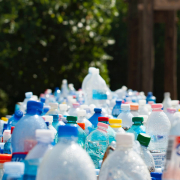
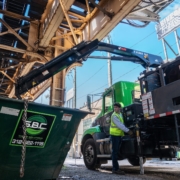
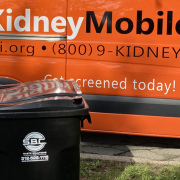
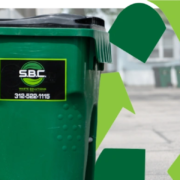
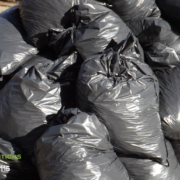
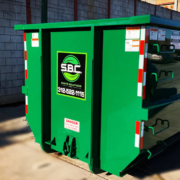
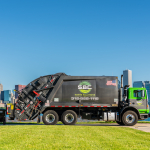

Leave a Reply
Want to join the discussion?Feel free to contribute!